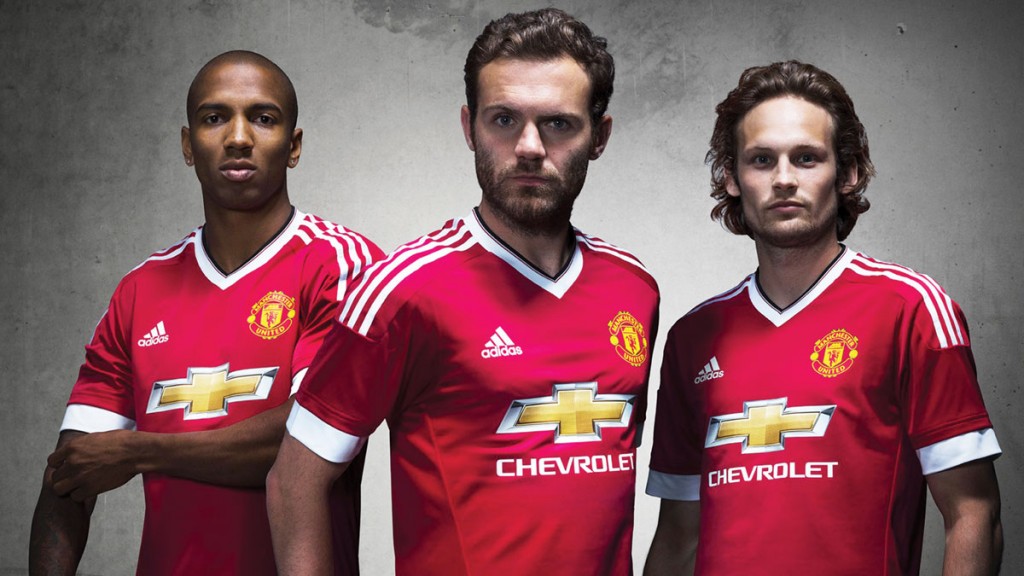
Football clubs are being flooded with money for TV rights – but talent spotting a club that’s a safe home for your cash is no mean feat.
Euro 2016 has only just finished, but the new Premier League season is only a month away and clubs are being inundated with cash for TV rights. Arsenal earned more than £100m in broadcasting rights last year, a record for an English team, but under a new bumper £5bn package with Sky, that’s due to be trumped this season by every team in the league.
Most clubs are privately owned by billionaires, from Italy’s Silvio Berlusconi to Russia’s Roman Abramovich, who often treat them as playthings. But football teams are also mega-brands, with a worldwide following. They fit into the “lucrative global brands bucket”, says Jupiter fund manager Steve Davies, a large shareholder in Manchester United, which is listed in the US. Investors have been distracted by the club’s lacklustre performance on the pitch in recent years weighing on its shares, but its underlying business is “flying along”.
English clubs are merciless in generating advertising revenue. Adidas pays Man United £75m a year to make its strip, dwarfing the club’s ticket sales. Chevrolet pays another £47m a year to brandish its logo on the team shirt (pictured), but the advertising opportunities are endless. Thanks to its savvy commercial director Ed Woodward, a former banker at JP Morgan, United even has an “official Indonesian sports drink partner” and a 24-hour TV channel in China. But the shares are hardly cheap at 37 times earnings.
TV deals are also rising overseas. Sky recently paid a record €4.6bn for a four-year deal over Germany’s top-flight games. But European clubs have struggled to promote their brands, says Lex in the Financial Times. Italy’s richest club, Juventus, relies on broadcasting rights for most of its revenue. Wage bills in Italy have risen, ticket sales are paltry and most stadiums have not been upgraded since Italy hosted the World Cup in 1990. Shares in Juventus, Lazio and Roma have all tanked as the companies have been loaded with debt.
Other publicly traded teams across Europe, from Dutch club Ajax to Portugal’s FC Porto, have patchy profitability at best. Shares in Arsenal are publicly traded and the company has turned a profit every year since 2002, but 97% of the stock is held by its two biggest investors, effectively making it privately owned. That leaves Glasgow-based Celtic, which is suffering a slow decline in revenue as the Scottish league struggles to win international attention.
For broadcasters, “what’s most valuable is the thing that brings a large number of people together at the same time”, says fund manager Nick Train. Football is therefore “extremely valuable” to advertisers. Finding a football club that is a safe house for one’s money, however, is a trickier business. Avoid.